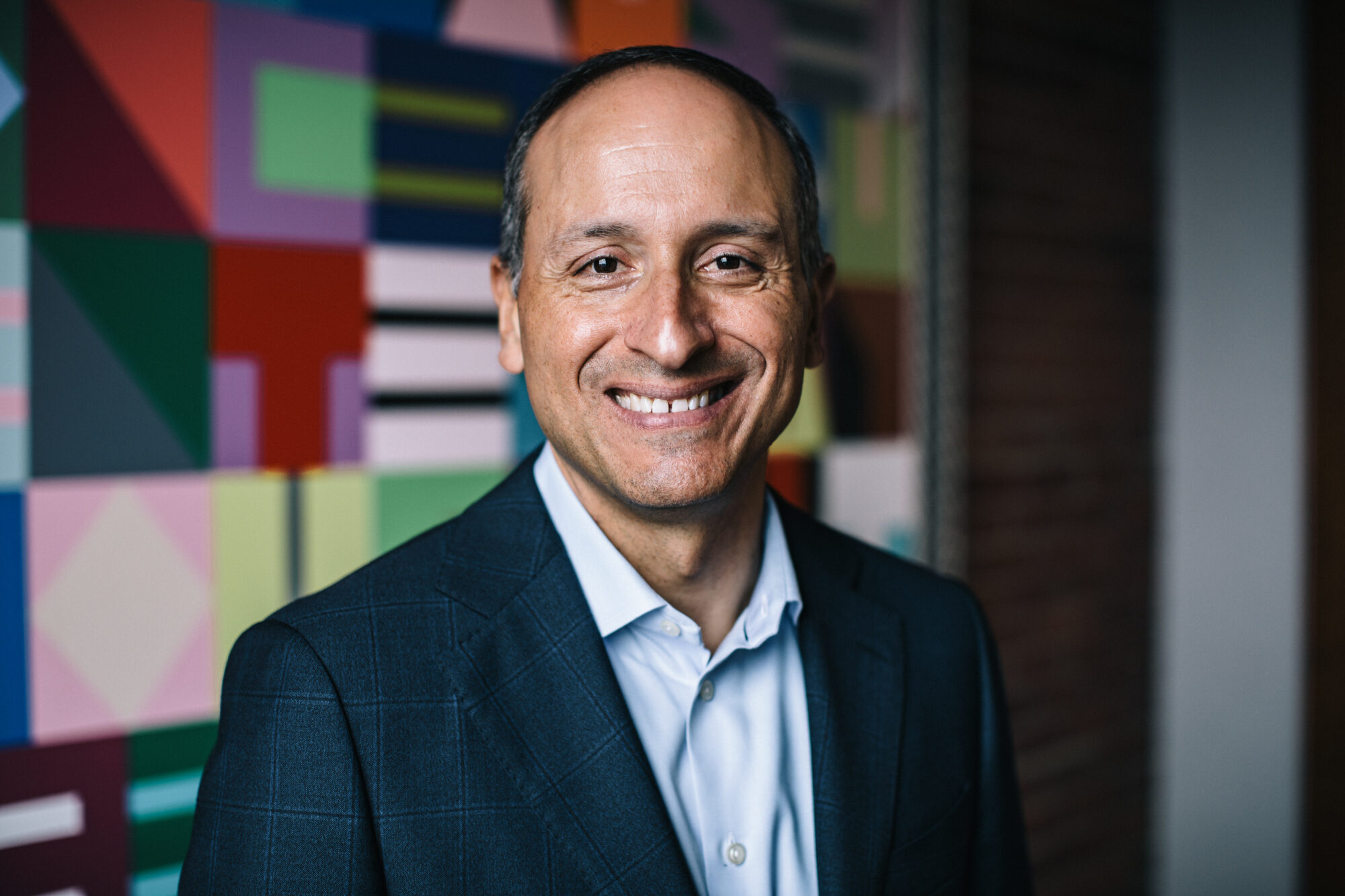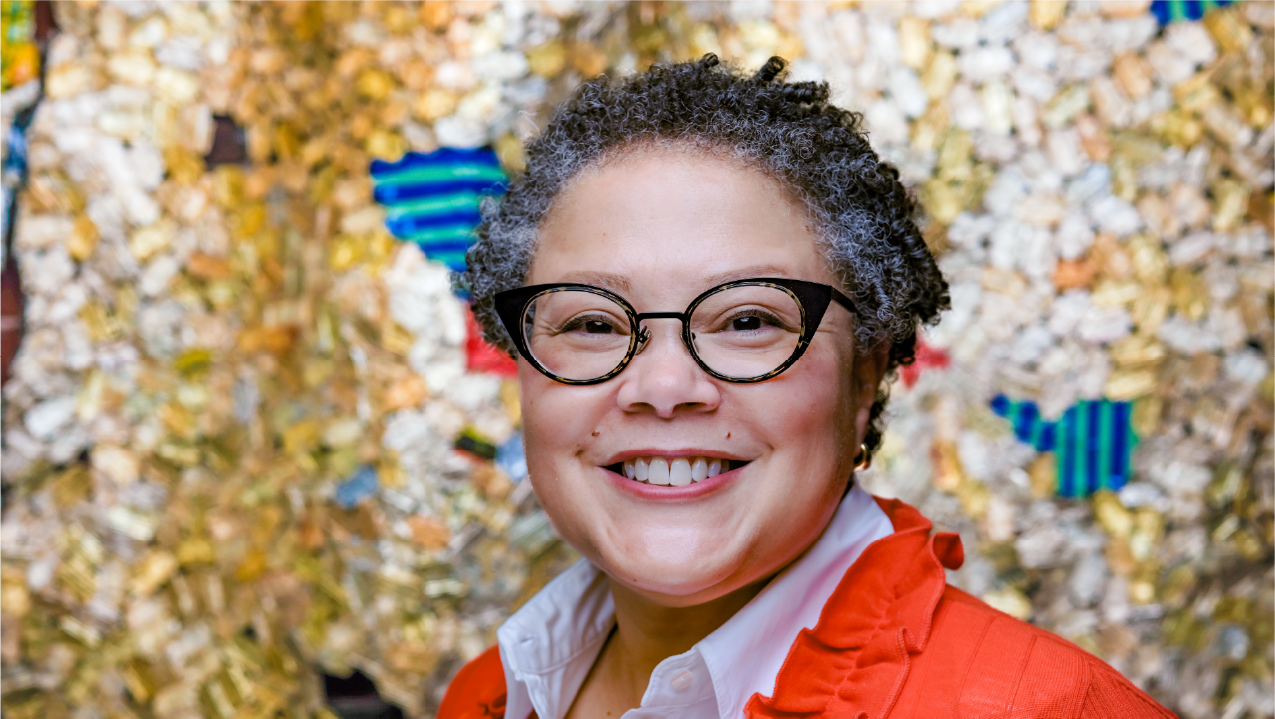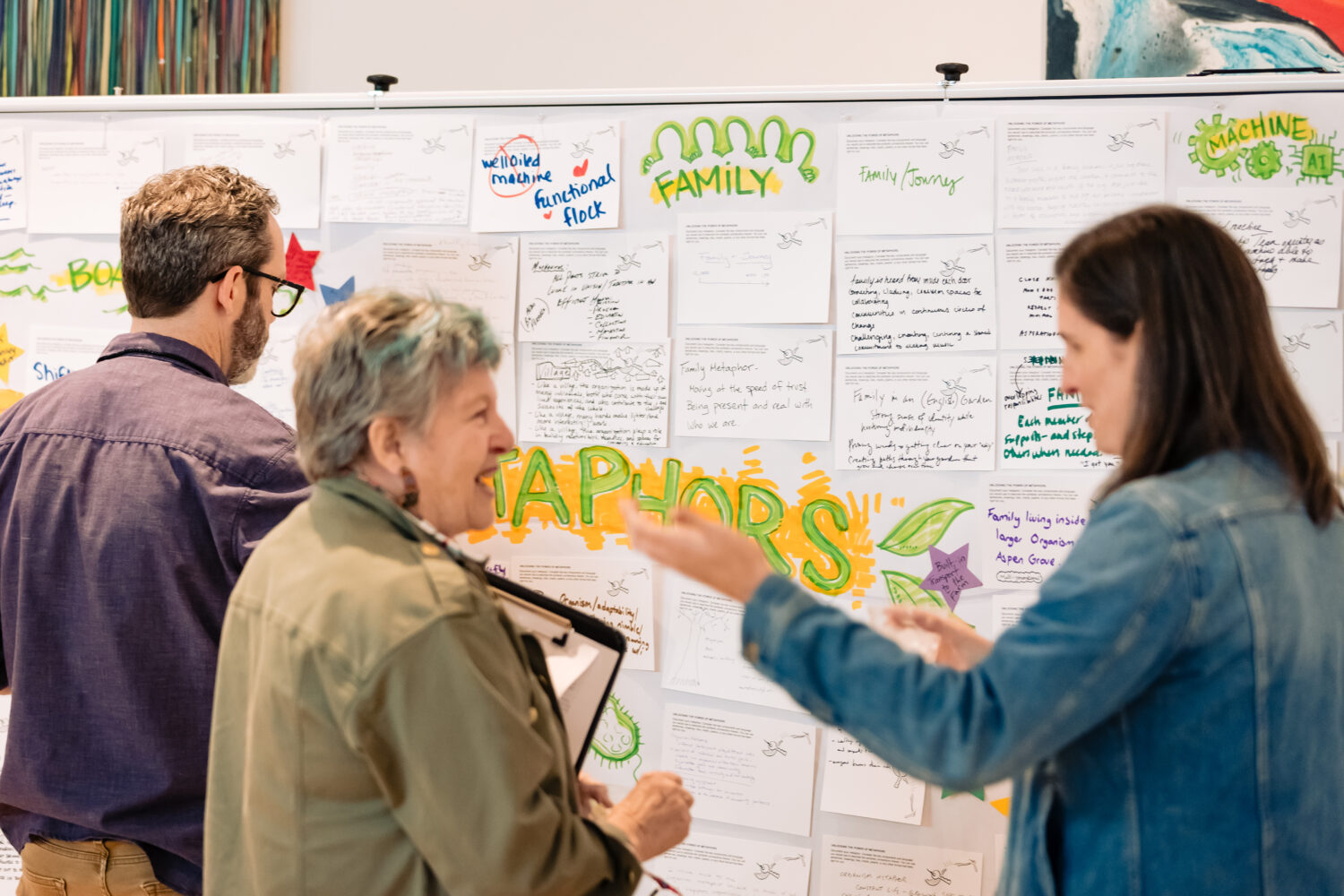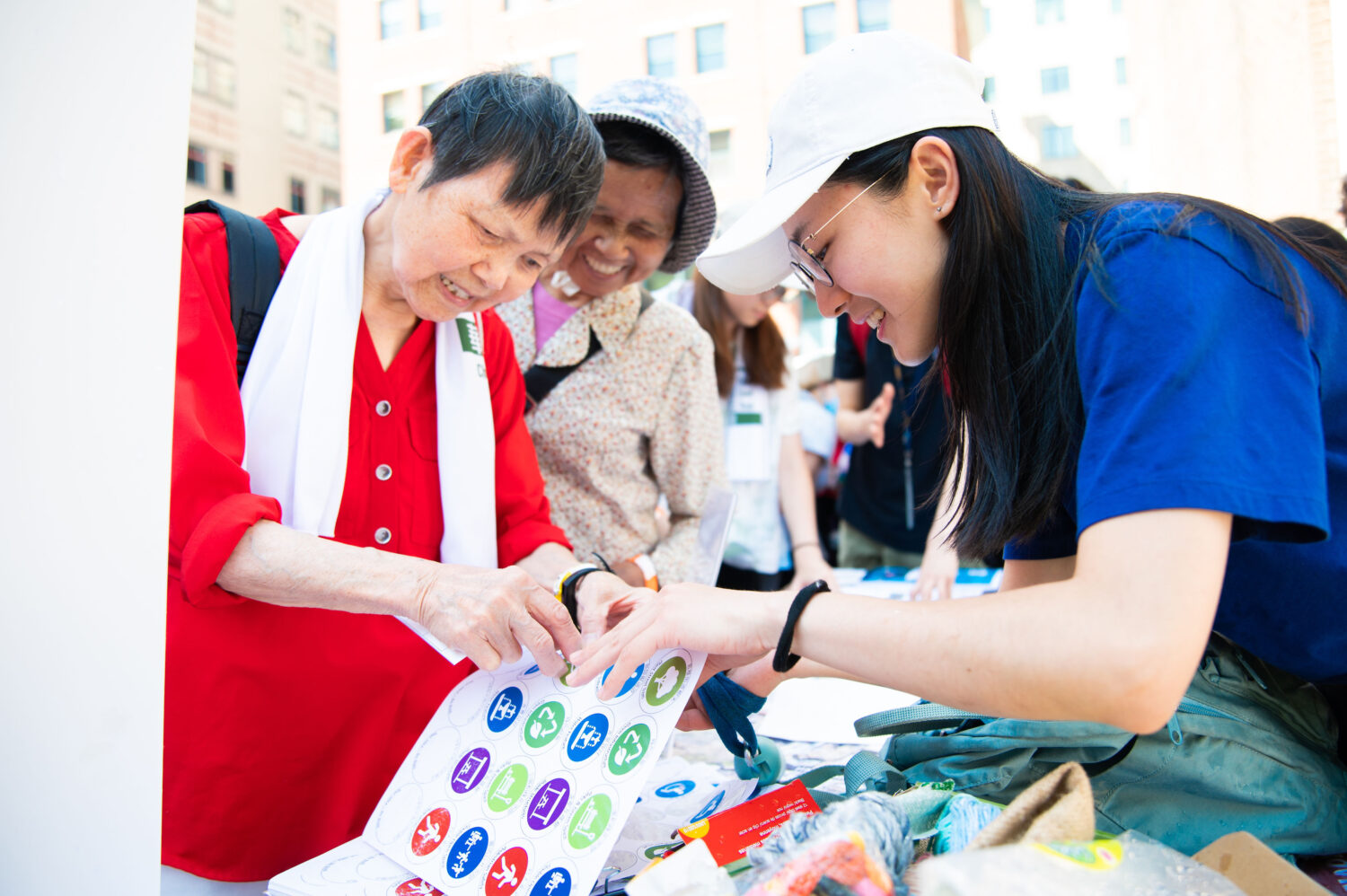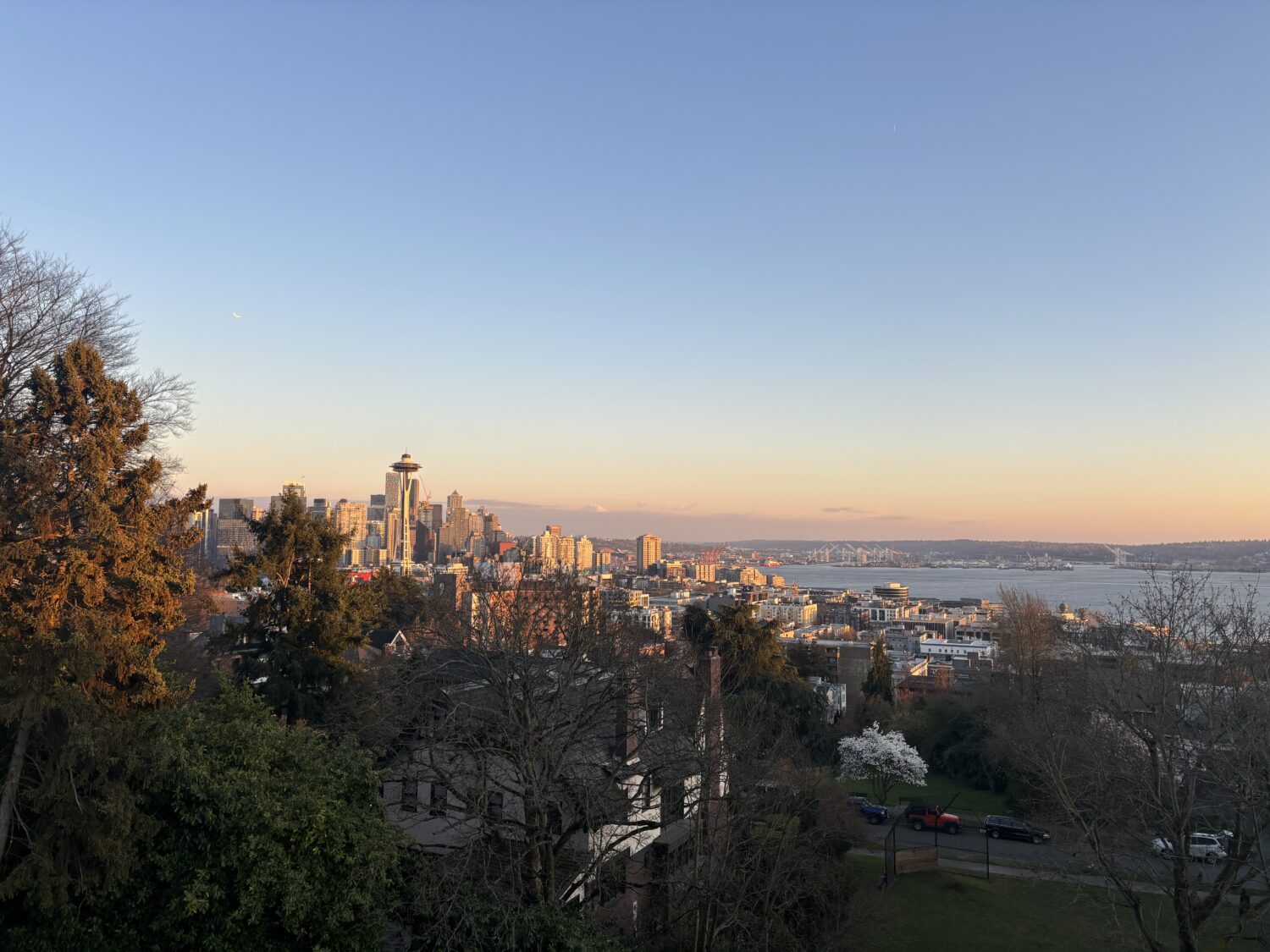Today, the Barr Foundation is pleased to announce the 2019 Class of Barr Fellows consisting of 12 exemplary civic leaders committed to Greater Boston. These Fellows were nominated and selected on the basis of their personal qualities, organizational impact, and commitment to collaboration to advance Greater Boston’s community and civic agendas. Full details of the selection process and criteria can be found here.
The 12 individuals selected for the Barr Fellowship are:
- Eve Bridburg, Founder and Executive Director, GrubStreet
- Thabiti Brown, Head of School, Codman Academy Charter Public School
- Yolanda Coentro, President and CEO, Institute for Nonprofit Practice
- Mark Culliton, Founder and CEO, College Bound Dorchester
- Jen Faigel, Executive Director, CommonWealth Kitchen
- Nigel Jacob, Co-Founder and Co-Chair, Mayor’s Office of New Urban Mechanics, City of Boston
- Emily Reichert, Chief Executive Officer, Greentown Labs
- Jerry Rubin, President and CEO, Jewish Vocational Service, Inc.
- Anita Sharma, Executive Director, Political Asylum/Immigration Representation Project
- Natalícia Tracy, Executive Director, Brazilian Worker Center
- Father John Unni, Pastor, Saint Cecilia Parish
- Shannah Varón, Executive Director, Boston Collegiate Charter School
It is a privilege for us to celebrate and recognize this extraordinary group of leaders through the Barr Fellowship. Recognizing that the challenges we’re facing in our region require the engagement and collaboration of all sectors, this class includes nonprofit, faith-based, and school leaders and—for the first time—a leader from a public agency, the Mayor’s Office of New Urban Mechanics, and a leader from a for-profit social enterprise, Greentown Labs. Combined, these 12 leaders focus on a diverse set of social issues, and we hope that the shared learning they experience and the relationships they develop will positively benefit their organizations and the communities in which we all live and work.
Members of this class will participate in a two-year program that aims to provide personal and professional rejuvenation; to strengthen leadership teams in their organizations; and to build a stronger network of civic leaders in Greater Boston.
The Barr Fellowship experience begins with a ten-day group learning journey outside the United States. Each journey is carefully designed to immerse Fellows in a collective growth experience; build deep relationships among Fellows; and offer a disruption from their day-to-day work.
Fellows then embark on a three-month personal sabbatical during which they are asked to disengage completely from their organizations. At the same time, organizations name an interim leader (or leadership team) who takes on increased responsibility during the Fellow’s absence. The Fellowship offers coaching and collaborative learning retreats for these interim leaders in order to strengthen the overall leadership within the organization.
In addition, each organization receives an award of up to $125,000 to invest in leadership, organizational development, and in exploratory projects. (Program and funding exceptions will be made as legally required regarding the participation of Fellows from for-profit entities and public agencies).
Fellows receive access to executive coaches who serve as collaborators on a journey of growth, helping to support personal and professional development. But perhaps most important, the Fellows learn from one another, benefiting from the cohort’s diversity in experiences, viewpoints, and approaches to problem-solving. We believe that cohort-based and peer-to-peer learning opportunities are among the most effective in helping leaders to develop new skills and perspectives as well as a supportive network that can promote sustained engagement and creative partnership.
At the end of the two-year Fellowship period, each class is integrated into the Barr Fellowship Network, a forum through which participating leaders continue to learn from each other, deepen relationships, and potentially create collaborations that benefit the city as well as their organizations. There are 68 alumni of the Barr Fellowship program since its inception in 2005.
Investing in leadership is a core value of the Foundation that permeates all of our activities. We are thrilled to bring this value to life through the Barr Fellowship program. Please join us in congratulating and celebrating this group of 12 leaders for their significant contributions to the Greater Boston community.


